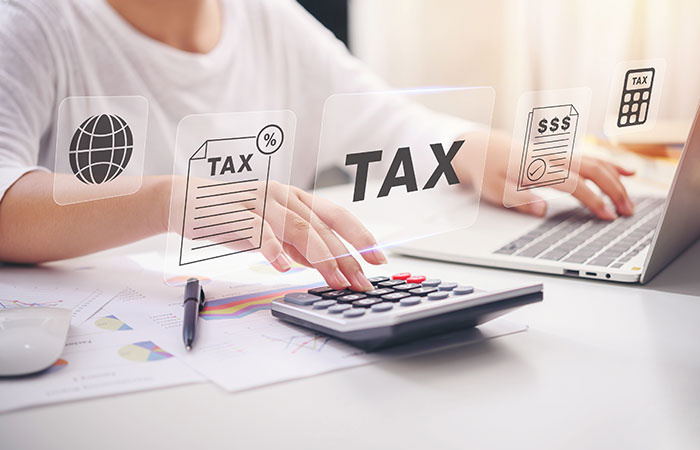By understanding the basic ideas outlined here, you'll be able to complete the filing process quickly and painlessly and keep all the money to which you're entitled.
It's natural to feel a bit of trepidation when doing anything of consequence for the first time - and filing your taxes is no exception. Given the complexity of the tax code, it's easy for beginners to question their own aptitude.
Yet the truth is that there is very little to fear. Even first-time filers can complete their taxes relatively painlessly as long as they are armed with the relevant facts and information.
To help you approach this task with confidence, let's review some key tips for new filers.
Channel Your Inner Boy Scout
The Boy Scouts of America have a famous motto: "Be prepared." It applies equally as well to tax preparation as it does to scouting activities. Having the appropriate documentation is a critically important aspect of doing your taxes.
When we talk about documentation, we're referring to common items such as:
- W2s (the document issued by your employer to track your tax withholding)
- 1099-MISCs (a document issued to contractors or the self-employed that tracks payments)
- Copies of deductible expenses (receipts that can back up any expenditures you may claim)
- Other documents tracking income and expenses earned or incurred over the year
- By tracking and saving these documents as you go along, you'll be much better prepared to file your taxes without worrying about bumping up against the April deadline.
Decide How You're Going to File
A generation or two ago, most people filed with pen and paper. Then the IRS allowed taxpayers to file via telephone. Now, the process has been made even simpler through the use of approved tax filing software.
If your return is fairly basic (no dependents, no stock portfolio, etc.), filing a paper form might be the path of least resistance. It's inexpensive and it only takes a few minutes to fill out the necessary form. If you plan on taking deductions - or you have a more complex financial situation - using do-it-yourself tax software or the services of a professional might be worth the fee you'll have to pay.
If you're going to file on your own, you'll need to find the right form. The 1040EZ is the go to form for those with no dependents and basic tax situations - a description that fits most first-time filers. To qualify you'll need no dependents and taxable income of less than $100,000.
Familiarize Yourself With Essential Tax Concepts
Before you actually begin to navigate the filing process, it's important that you understand the fundamental terms and concepts you'll encounter. Here is a short glossary:
- Adjusted gross income: all the income you receive over the course of 12 months.
- Standard deduction: the amount of money the IRS allows you to deduct from your taxable income.
- Itemized deduction: if you don't take the standard deduction, you can choose to list and then claim all your individual tax deductions - things like home mortgage interest and charitable gifts.
- Taxable income: what's left after all your deductions and adjustments are subtracted from your adjusted gross income.
Once you're familiar with the basic concepts and terminology related to tax filing, you'll be able to navigate the process with greater confidence.
 The Takeaway
The Takeaway
Filing your taxes for the first time doesn't have to fill you with anxiety. By understanding the basic ideas outlined above, you'll be able to complete the process quickly and painlessly and keep all the money to which you're entitled.

